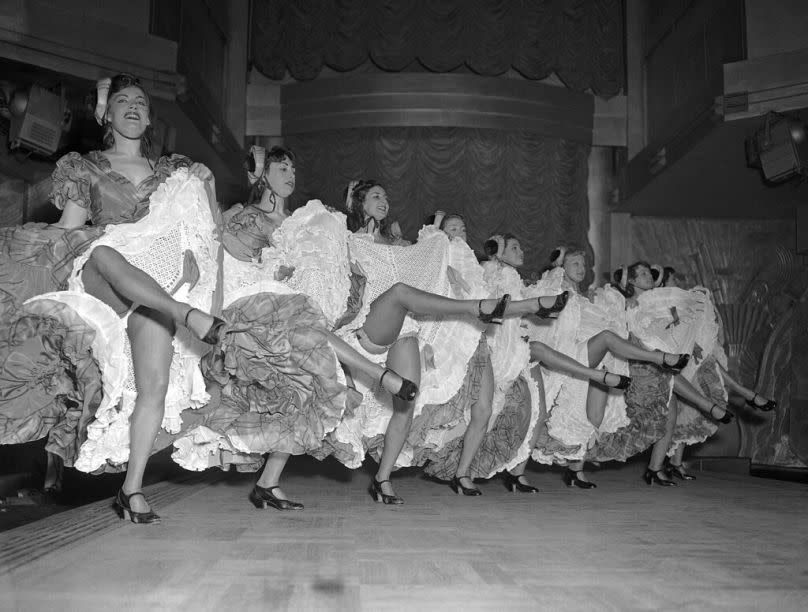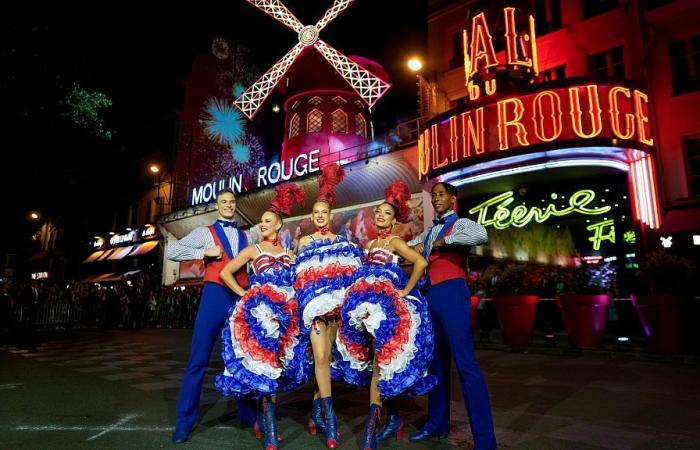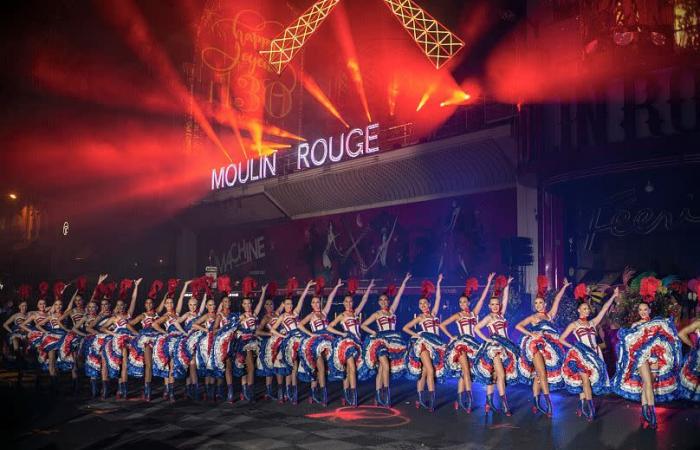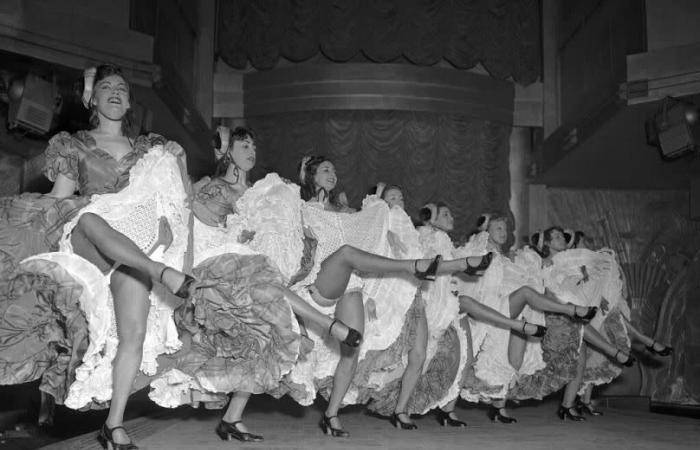French Culture Minister Rachida Dati has unveiled plans to recognize and protect cabaret as an important form of entertainment.
The announced measures designate cabaret as an art form that embodies “French culture and freedom”. Ms. Dati presented her ideas from the Moulin Rouge, the famous Parisian cabaret known as the birthplace of cancan dancing.
The proposals, amounting to 475,000 euros, will “support creation”, “strengthen the visibility of the cabaret” and give it the “recognition it deserves”, declared Ms Dati.
According to the ministry, France has 200 cabaretswhich represents 5,000 jobs, including 1,600 artists. Each year, they welcome approximately 2.7 million spectators and generate an annual turnover of 225 million euros.
Cabaret being a private sector, it is exempt from the tax credit for live entertainment in France. Ms Dati said she supported the industry’s campaign to benefit from the tax benefit.
Of the half a million euros added to the funding of cabarets in France, 150,000 euros will be used as “support funds for the development of ‘characters’ or acts” and 75,000 euros will be allocated to “cabaret residencies”.
-200,000 euros have been allocated to fund events, shows and a podcast for the upcoming cabaret season, while 50,000 euros are intended for research and publications on the art form.
La culture French Cancan
In addition, Rachida Dati supports a request for Cancan registration, this iconic dancein the national inventory of the intangible cultural heritage of France.
Last year, the Moulin Rouge celebrated the 135th anniversary of its creation in 1889. Having become a tourist site, this Parisian cabaret saw the world’s greatest dancers parade during the 20th century.


Jean-Victor ClericoGeneral Director of the Moulin Rouge, declared that this project was “above all a recognition“. He added that he “will contribute to strengthening the place of cabaret in the French cultural landscape“.
Although the Moulin Rouge is the most famous cabaret, the Ministry of Culture noted that the majority of French cabarets are scattered throughout the country’s rural communities, providing artistic revues for locals and providing valuable outlets for artists. open to the LGBT+ cause.








